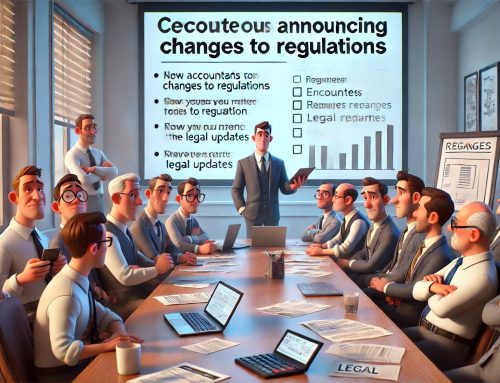May 16, 2022
The brighter picture was due to an increase in household spending. In Q2, rising energy prices prompted the government to implement a non-refundable subsidy for businesses that use a lot of gas, which will cover 30% of the rise in their bills. The European Commission has approved a natural gas price ceiling, which would help households and businesses save money on energy costs while also increasing regulatory uncertainty and distorting markets. A fuel tax decrease in April could boost activity even more, but it will increase the fiscal imbalance. In politics, the new government led by Prime Minister Antonio Costa took office on March 31.
This year’s GDP growth should be strong. Lower income taxes are expected to boost household spending, while a rebounding tourism industry and forthcoming EU money will help to strengthen the economy. The risks are weighted to the downside, as Russia’s invasion of Ukraine threatens to exacerbate inflation and disrupt supply lines. GDP is expected to expand 4.6 percent in 2022, according to forecasters, which is down 0.3 percentage points from the previous month’s prediction. GDP is expected to rise 2.5 percent by 2023.
Source: Focus Economics
Legal Notice: The information in this article is intended for information purposes only. It is not intended for professional information purposes specific to a person or an institution. Every institution has different requirements because of its own circumstances even though they bear a resemblance to each other. Consequently, it is your interest to consult on an expert before taking a decision based on information stated in this article and putting into practice. Neither Karen Audit nor related person or institutions are not responsible for any damages or losses that might occur in consequence of the use of the information in this article by private or formal, real or legal person and institutions.






